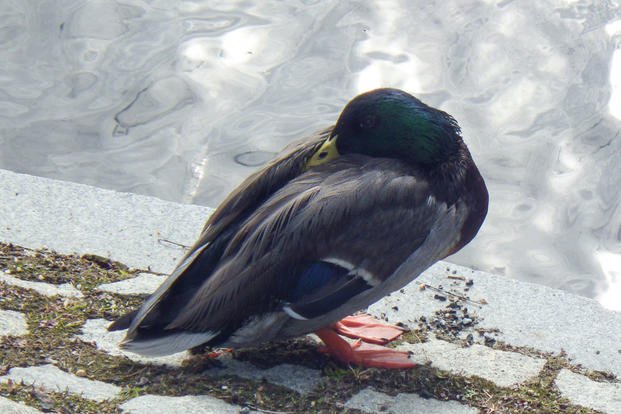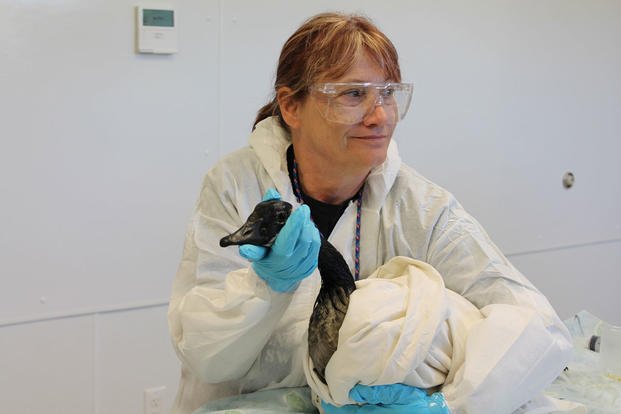BALTIMORE -- The Unified Command continued its response to oil sheens Tuesday in the Potomac River near Arlington, Virginia.
The Unified Command planned to use a deterring technique Tuesday to keep birds from entering Roaches Run Waterfowl Sanctuary.
"The use of small pyrotechnics to deter birds from using particular areas during an oil response is a commonly employed technique utilized by wildlife biologists to minimize the negative impacts of oil to birds and other wildlife," said Peter McGowan, a wildlife biologist with U.S. Fish and Wildlife Services.
This technique is scheduled to continue through Friday to allow time for the remaining sheen to dissipate.
This is the same technique regularly used at Ronald Reagan Washington National Airport to ward off birds.
"The sheen in the pond is light but still remains, and we want to minimize any potential for additional birds from being oiled." said Cmdr. Michael Keane, the incident commander.
Tri-State Bird Rescue & Research is continuing to rehabilitate impacted birds at their facility in Delaware.
U.S. Fish and Wildlife Services, and U.S. Department of Agriculture Wildlife Services personnel will remain on scene to assist in the capture and recovery of any further impacted wildlife.



























